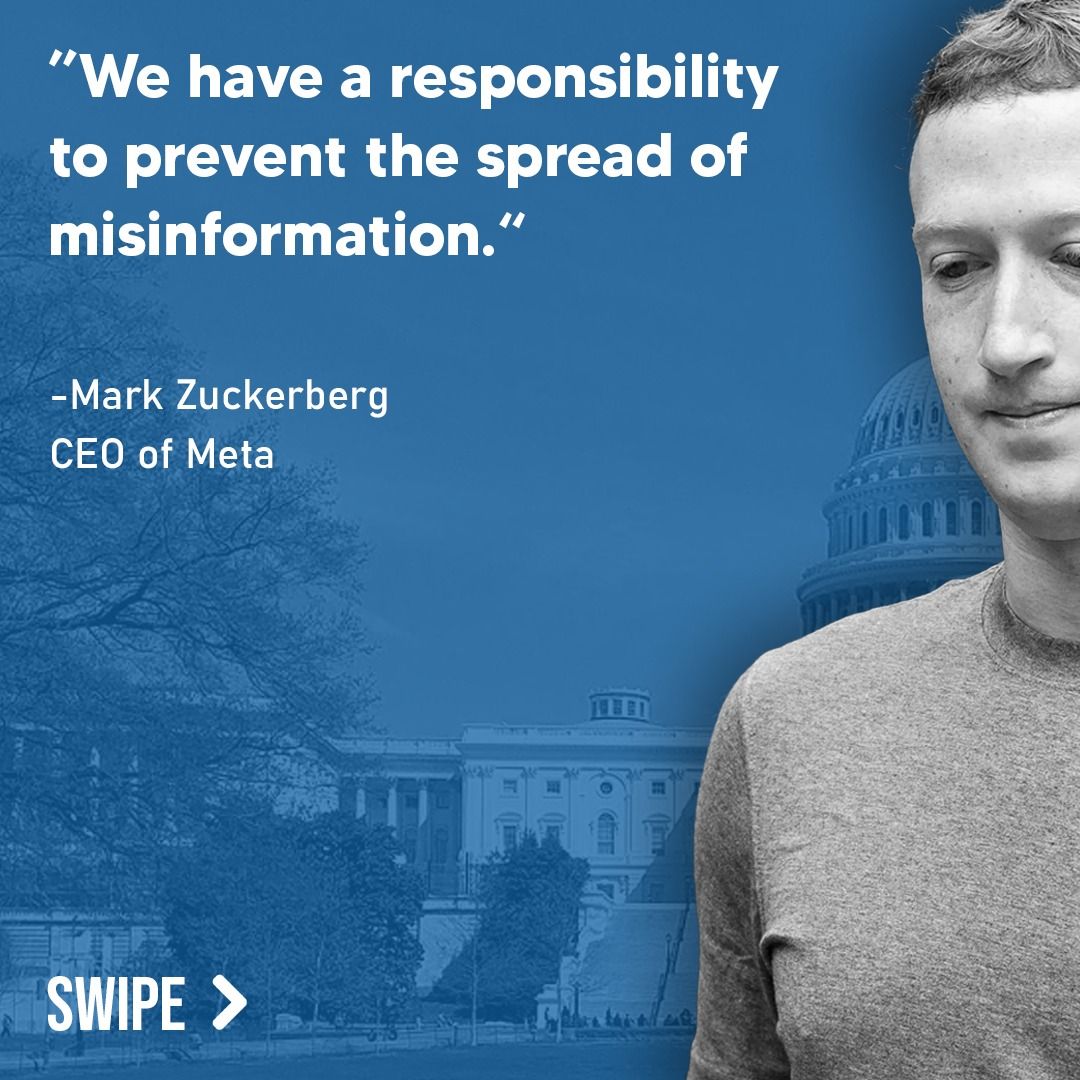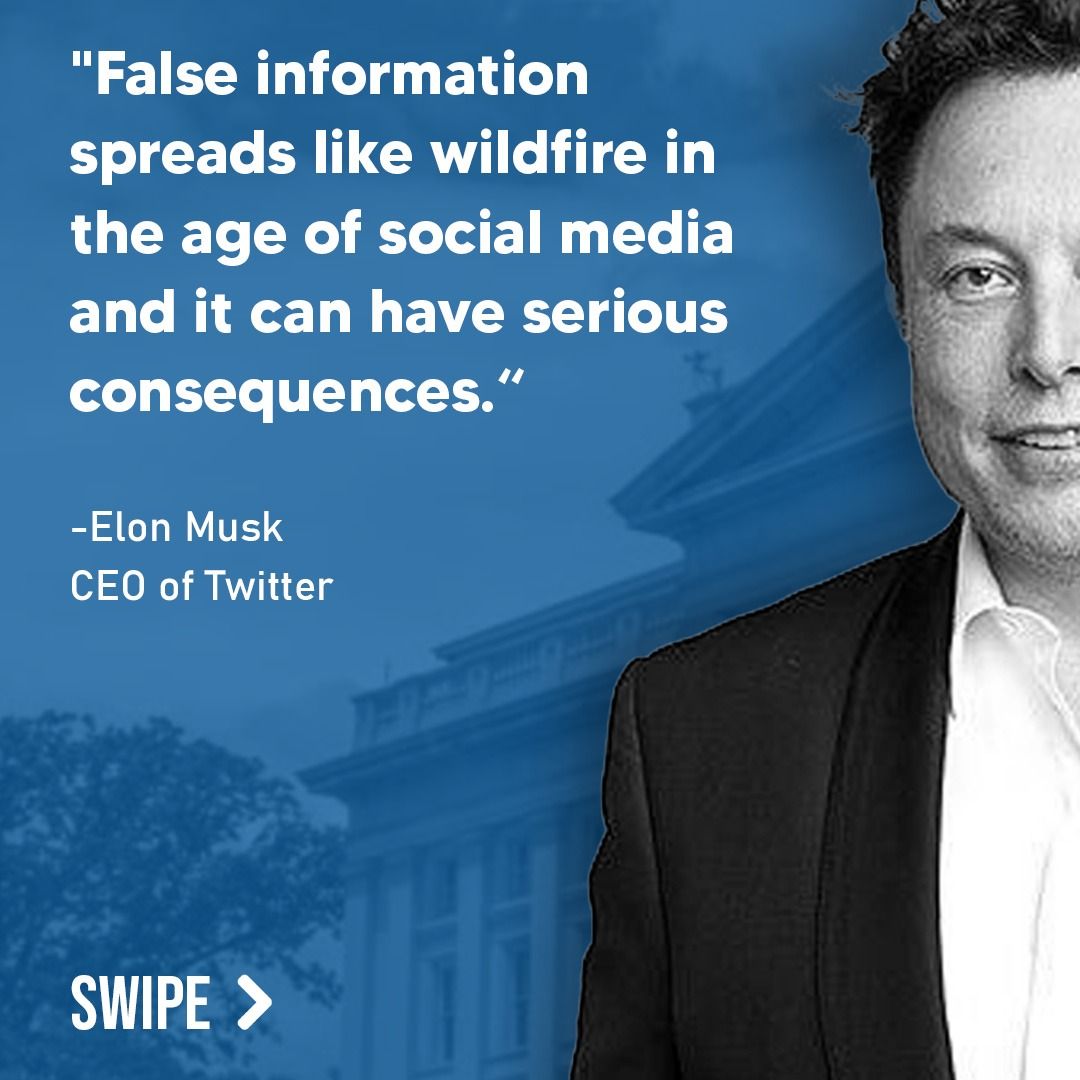Investigating the Claims Behind Gaza’s Controversial Aid Plan
This article was flagged due to growing public concern over the true intentions of a controversial aid distribution initiative in Gaza. Questions center on whether the Israel- and U.S.-backed effort genuinely helps Palestinians or serves a more strategic geopolitical purpose. With allegations of humanitarian flaws, a prominent resignation, and mistrust from the United Nations, fact-checking these claims is essential to understanding who benefits — and who may suffer — from this plan.
Background on Aid Distribution in Gaza
Gaza has long faced humanitarian crises, with blockades, conflict, and political divisions severely limiting access to food, medicine, and other supplies. Recent escalations between Israel and Hamas have worsened conditions dramatically. The United Nations and humanitarian groups have relied on neutral, multilateral operations to deliver aid. However, in response to alleged aid diversion by Hamas—a claim the group denies—Israel and the U.S. launched a new approach with the Gaza Humanitarian Foundation (GHF), provoking divided reactions among global institutions and aid workers.

Breaking Down the Most Pressing Claims
Claim #1: Israel’s plan is designed to prevent Hamas from stealing aid supplies
Israeli officials assert that Hamas has previously diverted humanitarian supplies for military use, which justifies their control over distribution. However, independent bodies including the Human Rights Watch have found only limited evidence of systematic aid theft by Hamas in this specific crisis period. The United Nations Office for the Coordination of Humanitarian Affairs (UNOCHA) reported no verified instances of widespread Hamas intervention in UN-aided relief during the recent blockade. Therefore, while diversion is a risk in any conflict zone, the claim lacks sufficient evidence to justify a fully restructured aid delivery system under direct Israeli oversight.

Claim #2: The GHF aid plan upholds humanitarian principles of neutrality and independence
This claim is contradicted by the resignation of Jake Wood, the former head of GHF, who explicitly stated that it was “not possible to implement this plan while also strictly adhering to the humanitarian principles of humanity, neutrality, impartiality, and independence.” Humanitarian principles require that aid not be linked to political or military objectives. However, Israel openly stated the plan aims to “eliminate the Gazan population’s dependence on Hamas,” indicating a clear strategic component. The UN also withdrew its support from the initiative, with aid chief Tom Fletcher warning it may exacerbate displacement and use “starvation as a bargaining chip.” These responses suggest the plan does not meet widely accepted humanitarian criteria.

Claim #3: The GHF aid plan is capable of feeding one million Palestinians in its first week
GHF stated it would begin distribution to one million Palestinians within the first week. However, this figure is highly ambitious given the operational limitations. The article notes distribution will occur through only four centers, each issuing 20kg packages. Aid logistics experts from the World Food Programme and UNOCHA have raised concerns about both the physical capability of the weak or injured to travel to these sites and the security risks of mass gatherings. Additionally, the latest UN Humanitarian Overview of April 2025 classifies Gaza’s population as 2.2 million—suggesting feeding nearly half in one week without full NGO or UN coordination borders on implausibility.

Claim #4: 57 children died from malnutrition during the blockade
This claim aligns with verified reports. According to a joint statement released by UNICEF and the World Health Organization, at least 57 Palestinian children had died due to severe malnutrition and lack of medical care in Gaza by late May 2025. The number reflects the dire humanitarian consequences of the 11-week blockade, and has been independently corroborated by on-the-ground reports from several aid agencies. There is no credible dispute of this figure.

Final Verdict
While the article accurately reports direct quotes from figures involved and provides critical perspectives—including from the UN and GHF’s former head—it omits deeper analysis of whether the aid plan qualifies as truly neutral and independent. The resignation of GHF’s leader, paired with strong UN condemnation, reveals that this is not a universally accepted humanitarian effort. Several factual claims, particularly about GHF’s operational capacity and neutrality, do not withstand scrutiny. However, the article avoids explicit falsehoods and acknowledges criticisms, maintaining a relatively balanced tone. Ultimately, though, the evidence points to significant flaws in both the structure and objectives of the plan as currently designed.
Be Part of the Solution
Concerned about separating fact from fiction? Download the DBUNK app and make your news experience smarter, faster, and more accurate. Whether you’re questioning headlines or digging into global issues, DBUNK empowers you with verified facts. Follow us on social media or submit your own fact-check requests anytime—for free.
Read the Original Article
To view the original article, visit: https://www.bbc.com/news/articles/c1e6d97x99qo

